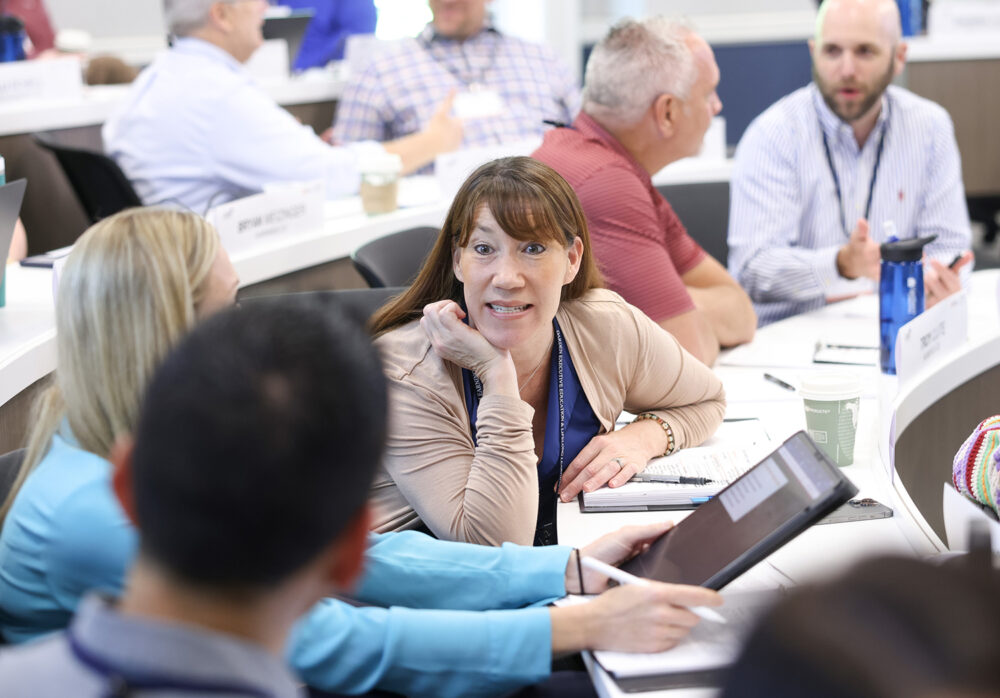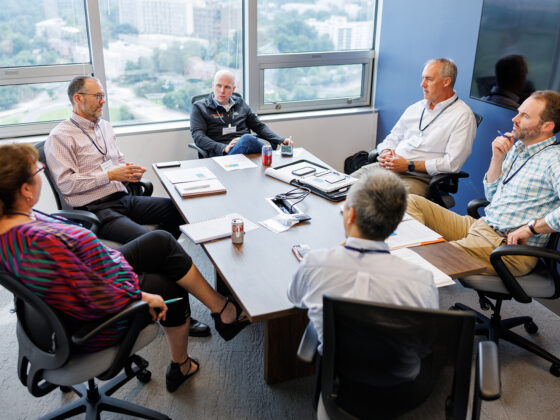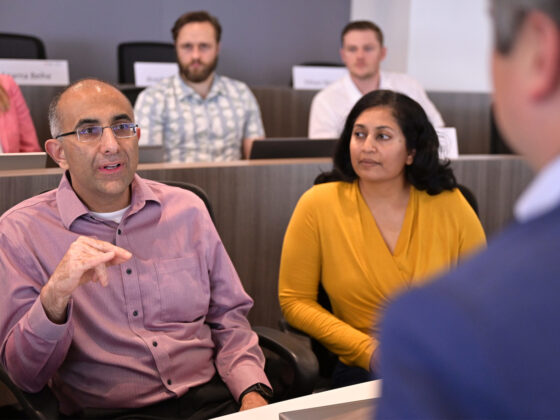In the world of Human Resources (HR) and Learning & Development (L&D), there’s a common misconception that these departments exist solely to nurture the growth of others. While it’s true that HR and L&D professionals are champions of employee development, it’s high time we shed light on an often-overlooked aspect: the development needs of HR and L&D leaders themselves. Here’s why:
- Leading by Example: Just like a chef tastes their own cooking, HR and L&D leaders should experience the development programs they implement. By participating in workshops, seminars and training sessions, they not only enhance their skills but also lead by example, showing the organization that continuous learning is key.
- Keeping Up with the Times: In today’s rapidly evolving workplace, staying relevant is a must. HR and L&D leaders need to be on the cutting edge of trends, technologies and methodologies. Continuous development ensures they’re equipped to navigate changes and make informed decisions that benefit the organization and its employees.
- Empathy Building: HR and L&D professionals are often the first point of contact for employees facing challenges. By undergoing their own development journeys, leaders gain empathy and a deeper understanding of the struggles and triumphs associated with growth. This empathy, in turn, fosters a more supportive and understanding workplace culture.
- Preventing Burnout: Let’s face it, HR and L&D roles can be demanding. Constantly juggling the needs of employees, management and the organization can take its toll. Development opportunities provide a much-needed breather, allowing leaders to recharge, gain fresh perspectives and prevent burnout.
- Enhancing Leadership Skills: Effective leadership is at the core of HR and L&D roles. By investing in their own development, leaders sharpen their leadership skills, from communication and conflict resolution to strategic planning and decision-making. A well-rounded leader inspires confidence, fosters growth and drives positive change.
- Networking and Collaboration: Development isn’t just about learning new skills; it’s also about connecting with like-minded professionals. HR and L&D leaders can benefit greatly from networking opportunities, whether it’s sharing best practices, seeking advice, or forming collaborations that elevate their work and impact.
- Embracing Lifelong Learning: The journey of development is never-ending, and that’s the beauty of it! HR and L&D leaders understand the value of lifelong learning and the importance of embracing new challenges with enthusiasm. After all, every milestone reached is simply a steppingstone to the next adventure.
By investing in their own development, these champions of growth not only enhance their professional skills but also cultivate a culture of continuous learning and improvement within their organizations. Partnering with Darden Executive Education & Lifelong Learning can be beneficial for HR and L&D leaders for several reasons:
- Broad Business Acumen: Darden faculty expertly facilitate learning about various aspects of business, including finance, marketing, operations and strategy. HR and L&D leaders who have a solid understanding of these areas can better align their functions with the overall goals and objectives of the organization. They can also speak the language of business and effectively communicate the value of HR and L&D initiatives to senior leadership.
- Strategic and Critical Thinking: Darden case discussions help participants practice strategic and critical thinking and decision-making skills. HR and L&D leaders need to be able to develop and implement strategies that support organizational objectives, such as talent acquisition, employee development and organizational effectiveness. Developing analytical and strategic skills is necessary to make informed decisions and drive results.
- Leadership Development: Darden programs include learning about leadership styles, effective communication, team management and conflict resolution. These skills are essential for leading HR and L&D teams, driving change initiatives and influencing stakeholders at all levels of the organization.
- Understanding of Organizational Dynamics: Darden uses an organizational design model to develop systems thinking and enterprise perspective. HR and L&D leaders need to understand how individuals, teams and systems interact within an organization to effectively manage talent, facilitate learning and drive performance improvement. A deep understanding of organizational dynamics enables HR and L&D leaders to design interventions and initiatives that address the root causes of issues and promote a positive work culture.
- Networking Opportunities: Darden programs provide excellent networking opportunities both within an organization and with other leaders, depending on the offering. Building a strong network can be invaluable for HR and L&D leaders, as it allows them to exchange ideas, learn from others’ experiences, and stay updated on industry trends and best practices.
Lisa Cannell (EMBA ’17) is Managing Director for Darden Executive Education & Lifelong Learning’s Client Solutions Team. As a former CHRO, she has an extensive background in HR and understands the importance of talent development and the challenges of succession planning. Lisa leverages her experience and background to partner with other L&D leaders to build their organizational capabilities through lifelong learning solutions.




